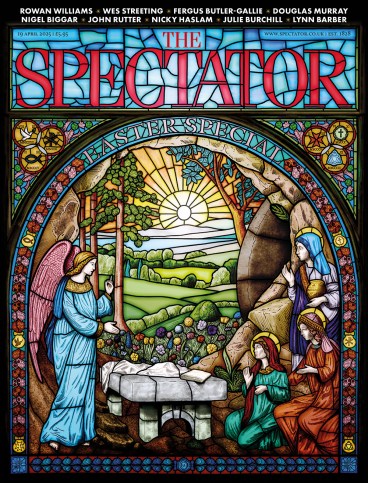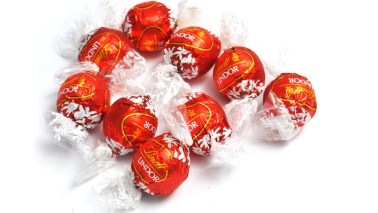
Olivia Potts has narrated this article for you to listen to.
Roast lamb is as expected on the Easter table as turkey is at Christmas. But as a nation, we are falling out of love with lamb. Meat consumption in Britain is at its lowest level since records began, and according to the Agriculture and Horticulture Development Board (AHDB), lamb has been in particular decline for the past 20 years.
We may feel we are supporting the sheep-farming industry, but the truth is a little more complicated
There are a number of reasons for this: some people are trying to eat less meat for environmental or ethical reasons, while others don’t enjoy the richer taste of lamb compared with other meats. Perhaps most importantly, after a long period of rising in price more drastically than other meats, the cost of lamb reached record highs last year. It is significantly cheaper to feed a family with a whole chicken or a joint of pork than with the equivalent cut of lamb.
Charlotte Mitchell, who runs Charlotte’s Butchery in Newcastle upon Tyne, explains that lamb makes people anxious. Customers are scared of cooking it, she tells me, and many complain about the way it smells while cooking. And she believes that, as its price has risen, supermarkets have stopped using it as a loss leader, so it appears even more expensive than other meats. ‘The truth is we have been underpaying for meat for too long,’ she says. ‘Before Brexit, farmers received money for having lambs on their fields, keeping the countryside clean and tidy.’ Post-Brexit, however, ‘subsidies have evaporated’, which means that sheep-rearing is a much more intentional (and expensive) choice for farmers.
The practice of eating lamb at Easter is partly inherited from the Jewish festival of Passover.








Comments
Join the debate for just £1 a month
Be part of the conversation with other Spectator readers by getting your first three months for £3.
UNLOCK ACCESS Just £1 a monthAlready a subscriber? Log in